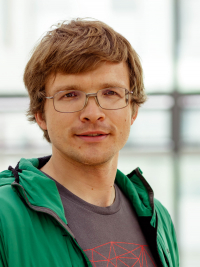Urban Complexity Lab (UCLAB)
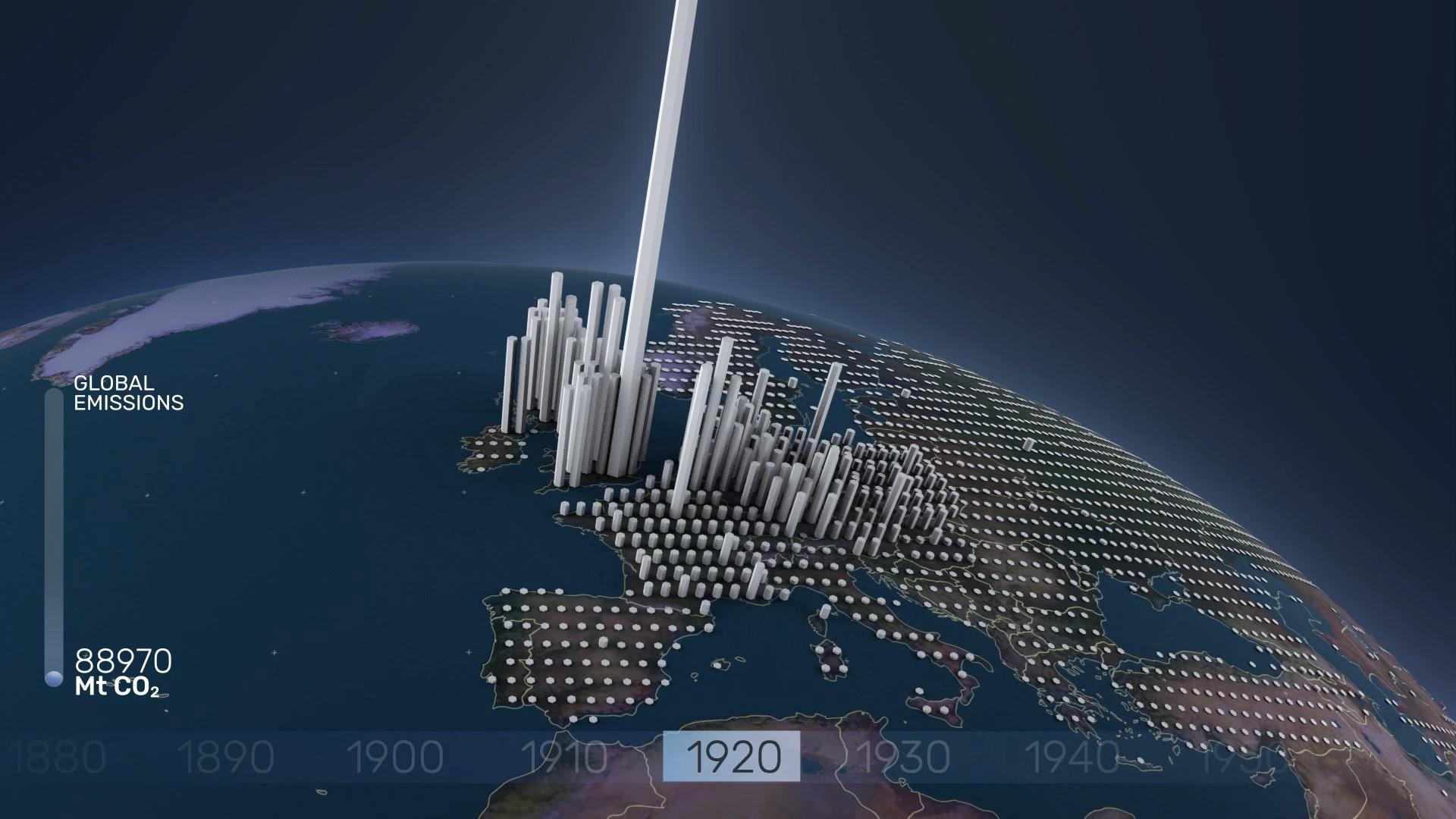
UCLAB is an interdisciplinary research group that combines competences from the fields of interface design, computer science and the humanities. The research work focuses on the design, development and investigation of data visualisations.
Research focus
A particular focus of the research work is on the challenges and questions arising from social, cultural and technological changes. The overarching goal is to visually structure and communicate comprehensive data sets and complex issues. Both creative and critical approaches are used. All of the Lab's projects are collaborative and are carried out together with academic and cultural institutions as well as public and private organisations.
Data visualisation
The central topic of the UCLAB is research on data visualisation. An interdisciplinary team of scientists and students develops methods, concepts and techniques for the interactive visualisation of complex data spaces. A key feature of the work method is the integration of the principles of cooperative and iterative design into the research process.
In recent years, UCLAB has made a name for itself in particular with the visualisation of cultural collections. In collaboration with archives, libraries and museums, innovative and user-centred concepts and technologies for the interactive visualisation of digitised cultural heritage have been developed, researched and published.
The UCLAB is situated between the Design department and the Institute for Applied Research Urban Future at the University of Applied Sciences Potsdam. Since its foundation in January 2015, both scientific findings and practical results have been generated here through the intersection of design and research. The research group endeavours to share its work with the general public through prototypes, exhibitions and workshops, as well as with the academic world in the form of contributions at conferences and in specialist journals. The working group's website makes these results freely available to read and try out.
The UCLAB is located in the main building on the campus of the University of Applied Sciences Potsdam. It is a place where researchers and students from different backgrounds work closely together. We regularly invite experts to discuss current issues in data visualisation and related topics in our public lecture series information+visualisation .
Selected projects
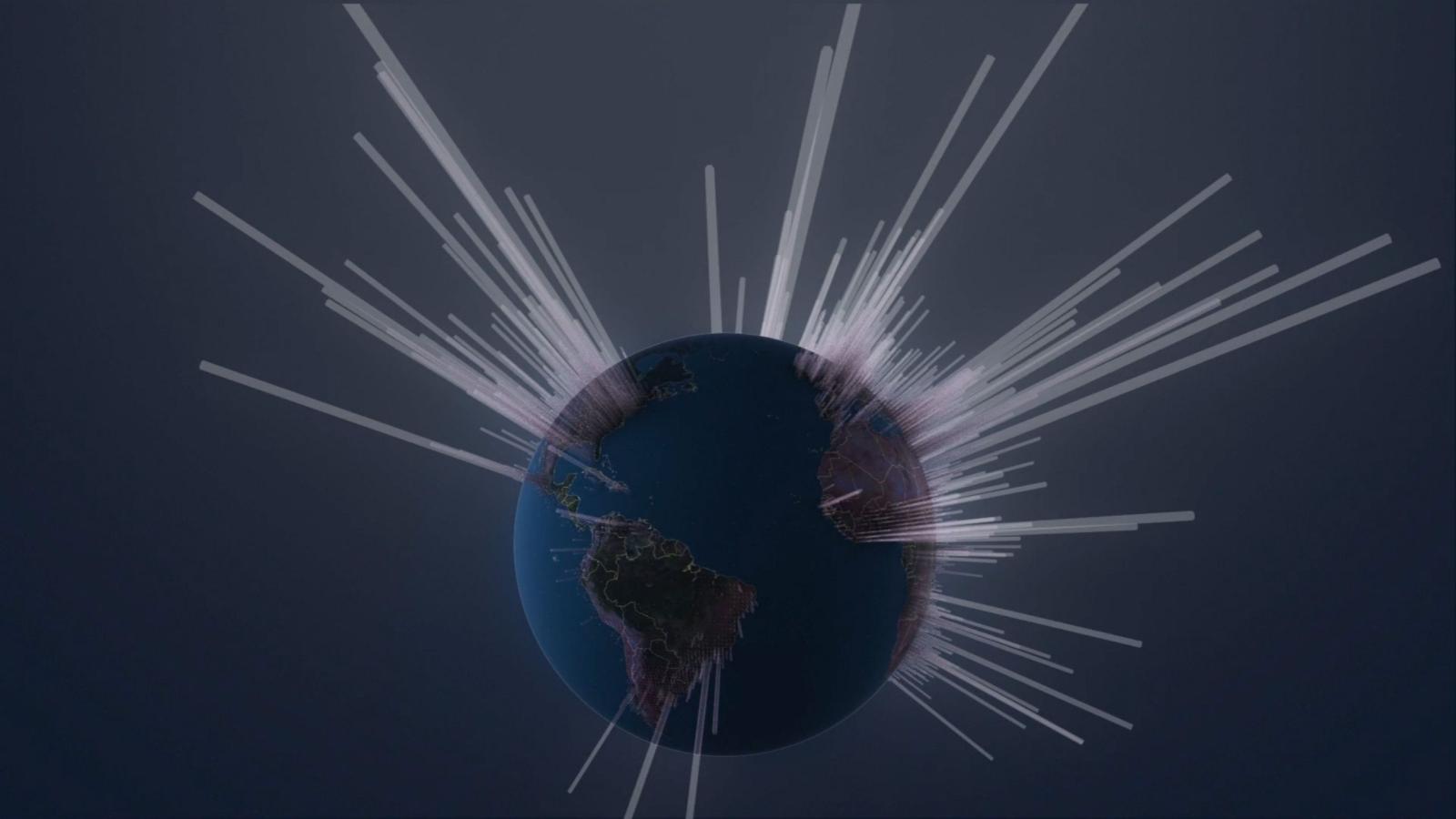
SENSES – Applied Climate Scenarios: Perspectives and Options for Action
The SENSES project translates complex scientific climate scenario information into relevant knowledge for different user groups.
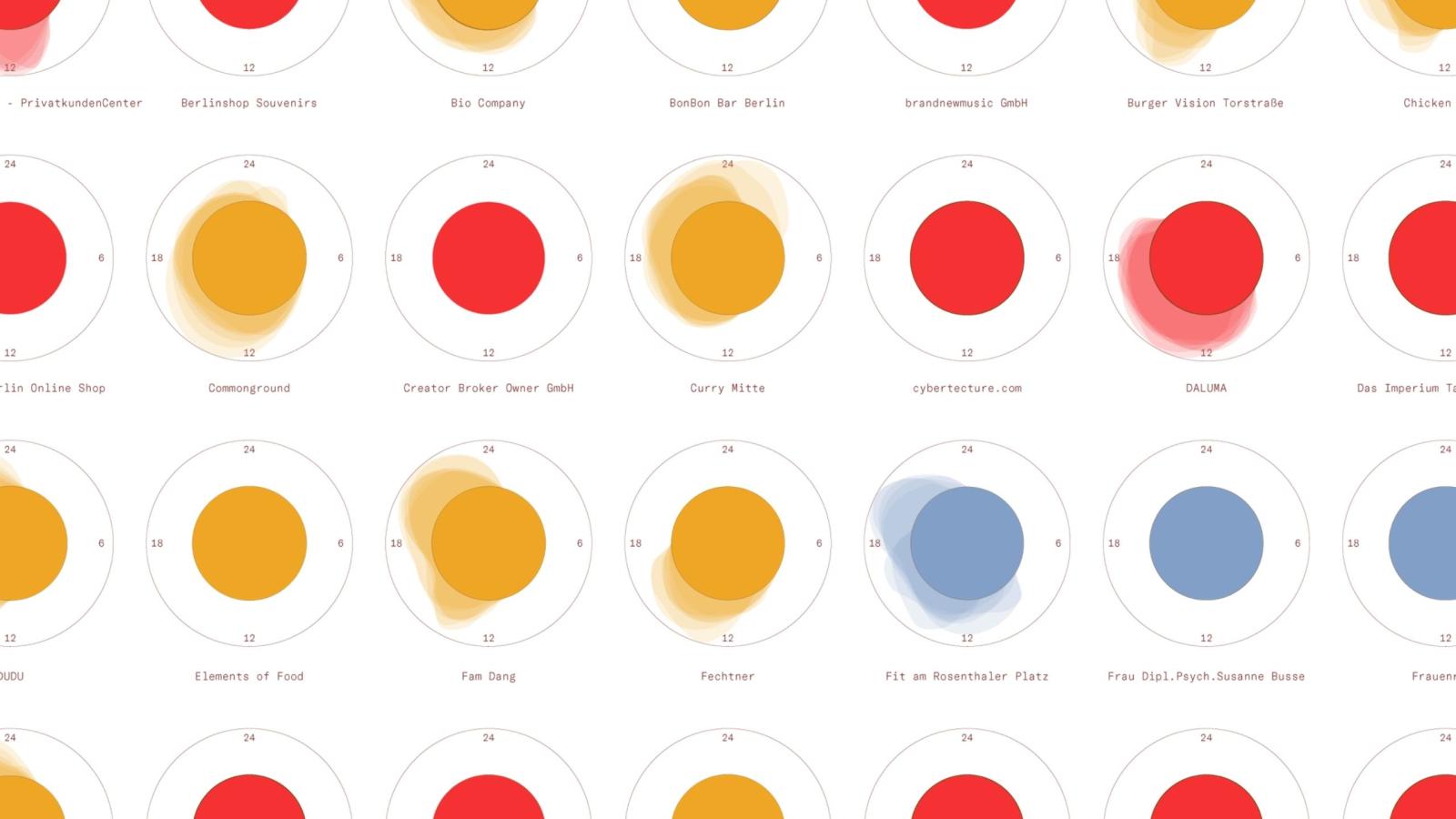
VIDAN: Visual and Dynamic Arrangements of Messages
VIDAN develops new interaction and visualisation techniques for the representation and exploration of complex data
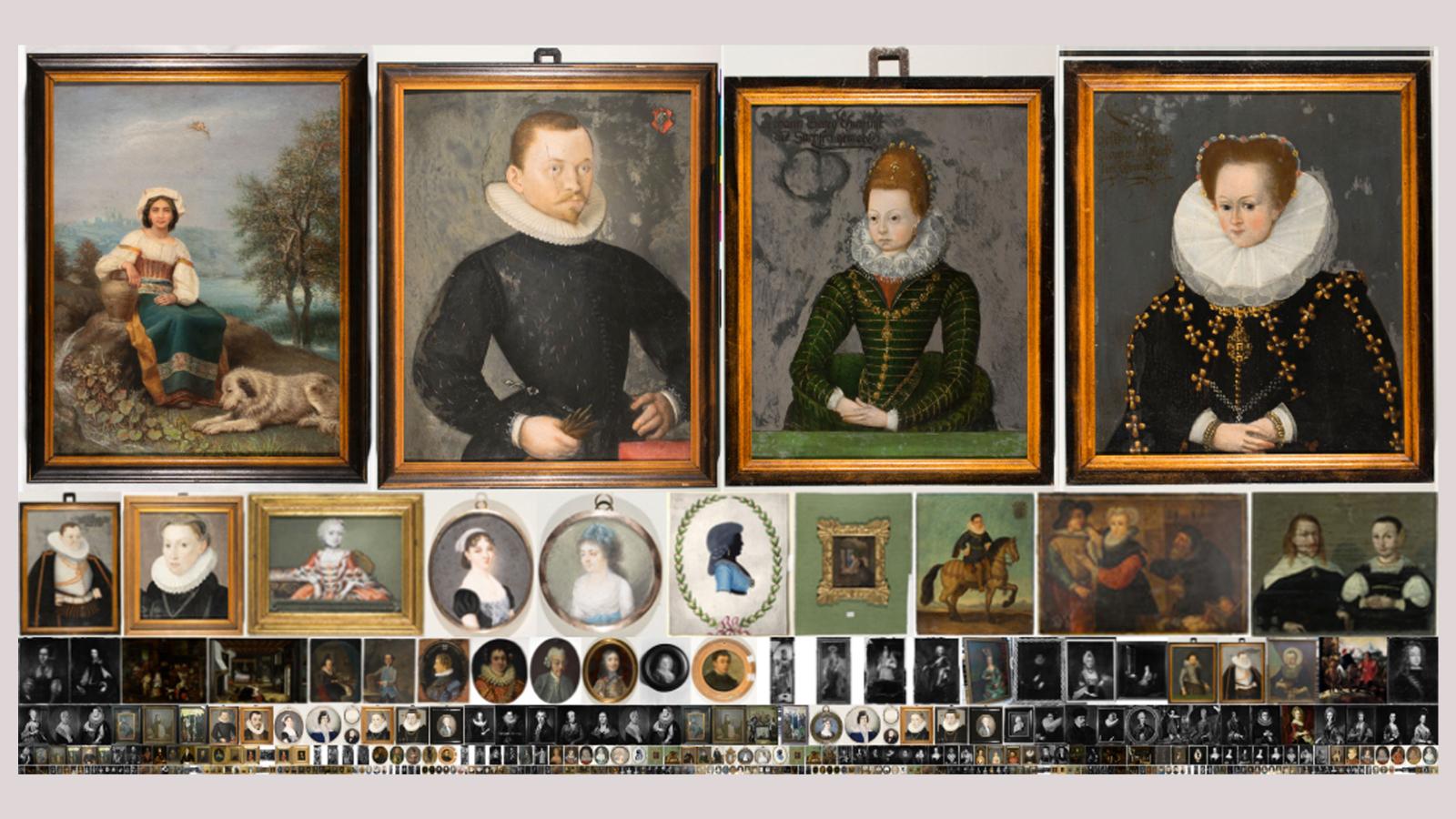
Restaging Fashion – Digital Contextualisation of Vestimentary Sources
The interdisciplinary research and digitalisation project "Restaging Fashion. Visualisation of Vestimentary Sources" (ReFa) has developed explorative approaches to holdings from the Berlin Art Library with its collection Modebild – Lipperheide Costume Library and from the Fabrics collection of the Germanisches Nationalmuseum Nuremberg.
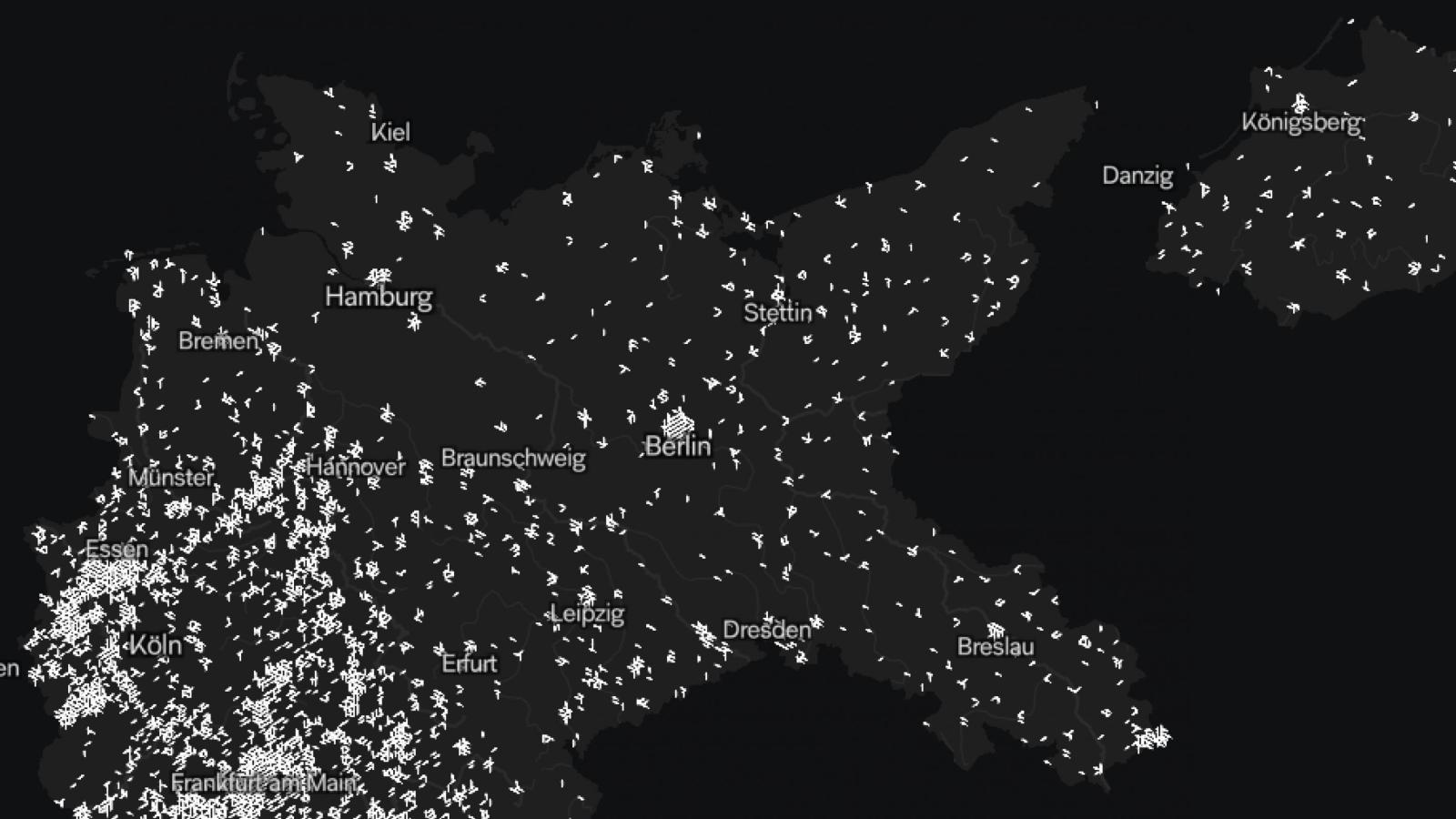
Topography of Violence
Research cooperation with the Jewish Museum Berlin on the visualisation of anti-Semitic acts of violence between 1930 and 1938
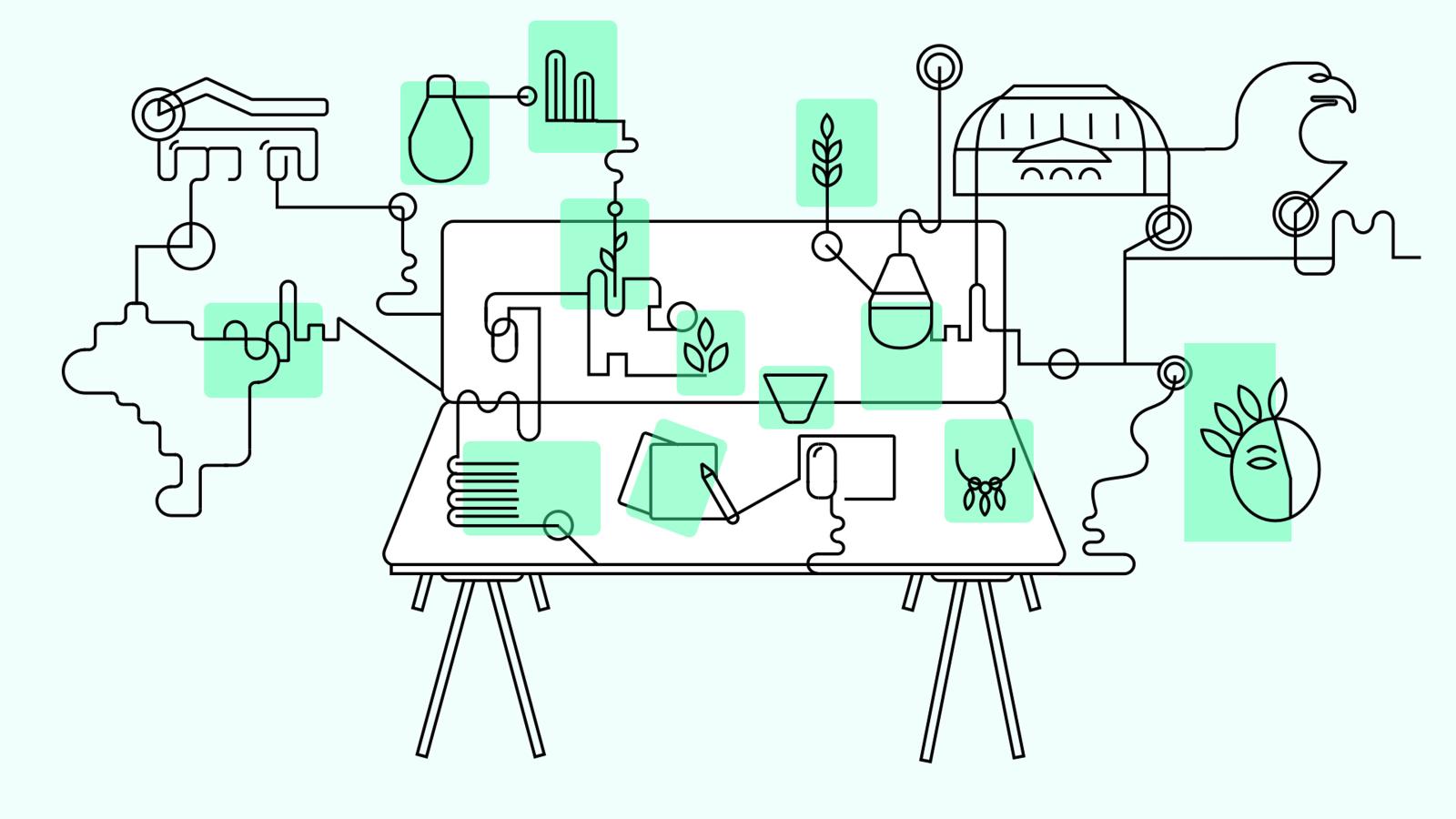
Amazonia as a Laboratory for the Future – Networking-Understanding-Communicating
Starting from collection objects, overcome borders and create spaces of networking, understanding and mediation.
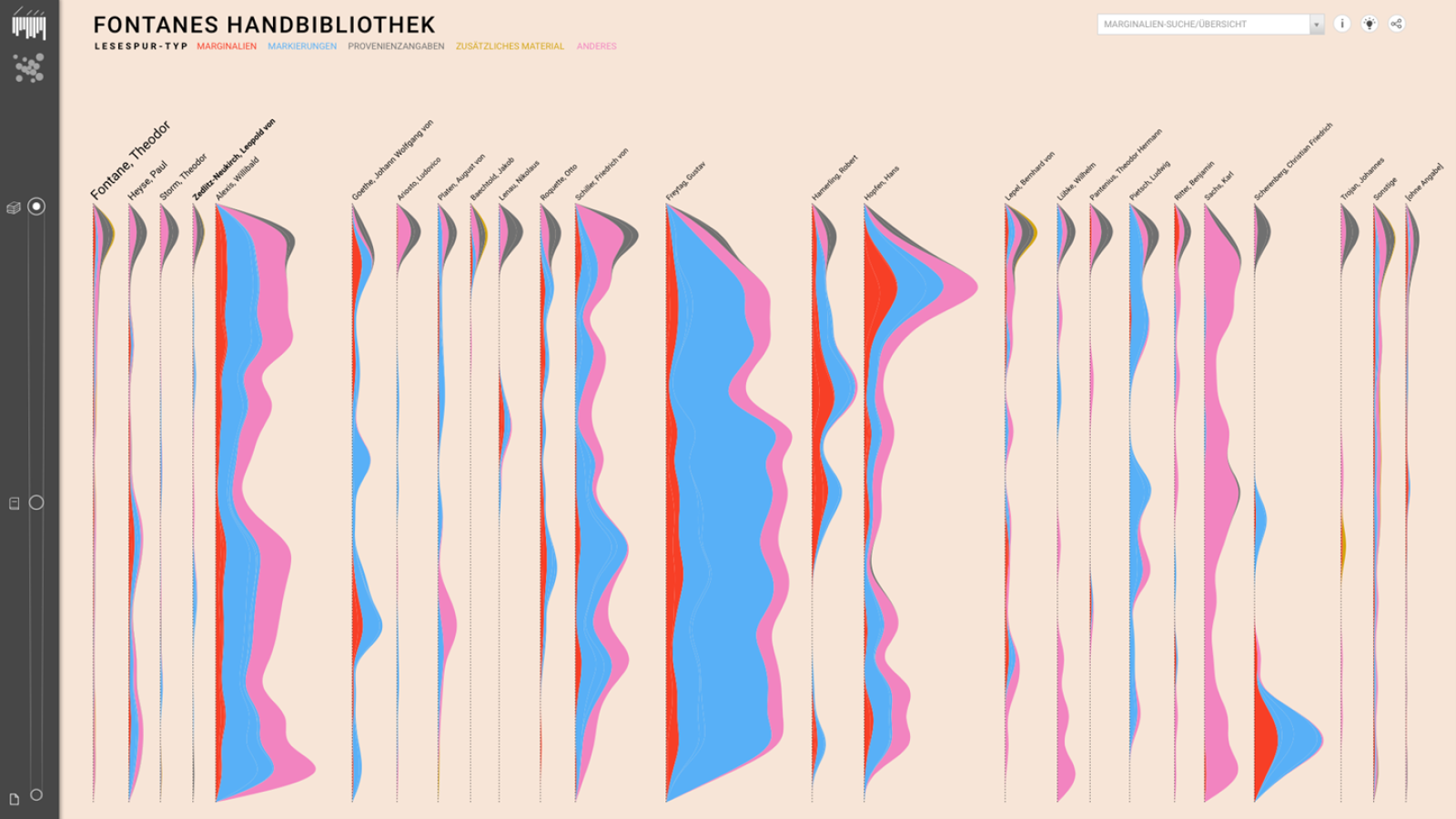
Reading Traces: Visualising Fontane's Reference Library
Research cooperation with the Theodor Fontane Archive Potsdam
Management

